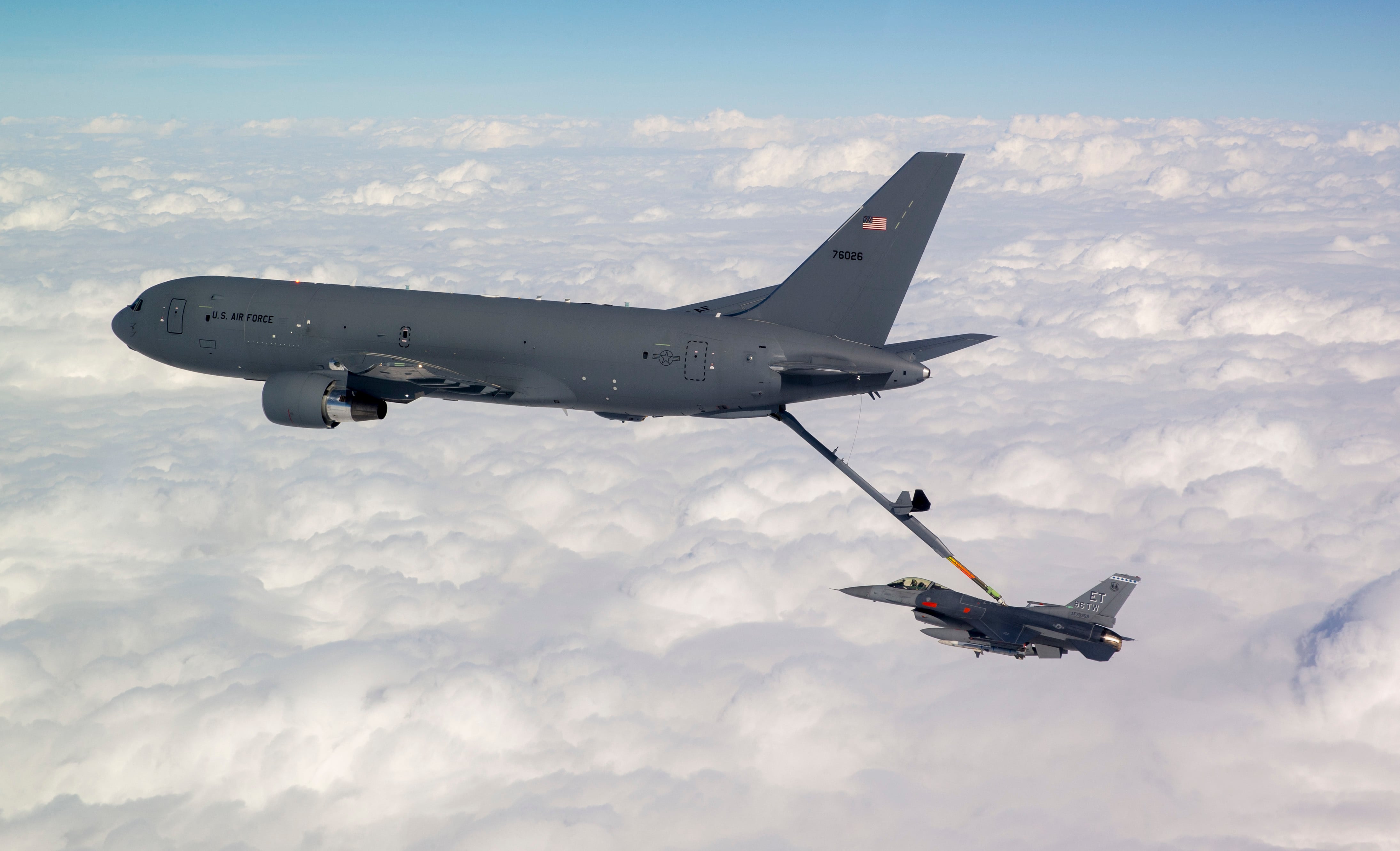WASHINGTON — Boeing began making its first round of involuntary layoffs on Wednesday morning, announcing that it will slash the jobs of approximately 6,770 employees across the United States.
Boeing’s massive commercial business will take the brunt of the cuts, with the company’s defense, space and security division only expected to shed less than 100 employees through involuntary layoffs this week.
“While the deeper reductions are in areas that are most exposed to the condition of our commercial customers, the ongoing stability of our defense, space and related services businesses will help us limit overall impact, and we will continue hiring talent to support critical programs and meet our customers’ evolving needs,” a Boeing spokesman said in a statement.
RELATED

Boeing plans to reduce its total headcount by 10 percent through natural turnover, voluntary layoffs and involuntary cuts — a measure made necessary by the ongoing impact of the COVID-19 pandemic, which has shook the travel industry and called into question commercial airlines’ ability to pay for Boeing aircraft already on order.
So far, about 5,520 U.S.-based employees have been approved for voluntary layoffs, with about 380 of that sum coming from Boeing’s defense business.
The approximately 6,770 U.S.-based employees that will be involuntarily laid off this week represents the largest portion of layoffs expected by the company. Those workers will receive severance pay, COBRA health care coverage and career transition services, Boeing CEO Dave Calhoun said in a message notifying employees about the cuts.
“The several thousand remaining layoffs will come in much smaller additional tranches over the next few months,” a Boeing spokesman said.
In his message to Boeing employees, Calhoun hinted that the situation is to improve as countries begin reopening businesses and more customers feel comfortable booking air travel. However, it will take years for Boeing to fully recover from the pandemic, he added.
“The COVID-19 pandemic’s devastating impact on the airline industry means a deep cut in the number of commercial jets and services our customers will need over the next few years, which in turn means fewer jobs on our lines and in our offices. We have done our very best to project the needs of our commercial airline customers over the next several years as they begin their path to recovery,” Calhoun wrote.
“I wish there were some other way.”
Valerie Insinna is Defense News' air warfare reporter. She previously worked the Navy/congressional beats for Defense Daily, which followed almost three years as a staff writer for National Defense Magazine. Prior to that, she worked as an editorial assistant for the Tokyo Shimbun’s Washington bureau.








